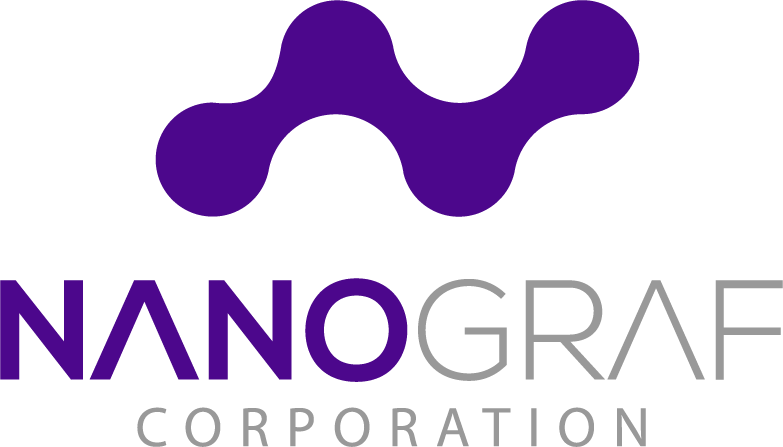Illinois’ success in landing an EV battery plant came from defeat
Illinois’ success in landing an electric vehicle battery plant came from defeat.
Nearly a year before China’s Gotion Hi-Tech chose Manteno for a $2 billion battery assembly plant, it picked Michigan for a similar factory. Gov. J.B. Pritzker set about persuading lawmakers to authorize a $400 million deal-closing fund and extend the state’s incentives, primarily payroll-tax credits, to last as long as 30 years. The legislation passed in December and January.
The auto industry is set to make a massive and abrupt shift to battery-powered vehicles over the next decade. Any state with a piece of the auto industry has to make that shift, too. In the past two years, companies have announced plans to invest roughly $140 billion in EV and battery plants, compared with $20 billion in the previous two years, estimates Dave Gohlke, an energy and environmental analyst at Argonne National Laboratory in Lemont.
Electric vehicles have far fewer parts, which means many of the manufacturing jobs will involve making batteries. Until Gotion selected Manteno, Illinois was on the outside looking in as other states, such as Michigan and Tennessee, racked up multiple wins.
“Illinois is late to the game,” says Edgar Faler, managing director of the Center for Automotive Research in Ann Arbor, Mich. “The good news is the game will continue to play out for several years.”
The Gotion factory is the largest economic development project in Illinois since Mitsubishi and Chrysler decided to build an auto plant in Bloomington-Normal in 1985.
Pritzker’s goal is to use the Gotion win as a springboard to persuade others — including automakers with a longtime presence in the state, Stellantis and Ford — to make commitments to build EVs and batteries. Economic-development officials say there are at least a half-dozen projects that various communities around the state are pursuing.
“Success begets success,” says Pritzker, whose team pursued Gotion for two years. “This is a signal to other firms in the EV space."
Through July, Illinois ranked 11th in EV-related investments announced since 2020, according to the Book of Deals published by the Center for Automotive Research. The Gotion deal likely would put Illinois in the Top 10 but still far behind Michigan, Ohio and Indiana.
“This is a big win,” John Boyd Jr., a principal with The Boyd Co., an economic-development consultant in Boca Raton, Fla., says of the Gotion announcement. “Attracting this type of battery project puts you in the mix. Pritzker gets credit for revamping the state’s incentives.”
The key was the deal-closing fund, those involved with the negotiations say. It wasn’t necessarily the amount of the check, which came out to about $125 million, significantly less than the $175 million Michigan spent to land its Gotion plant north of Grand Rapids.
“To have that tool in the toolbox was a game-changer for the state,” says Andy Manar, the state’s deputy governor for budget and economy.
The challenge is to make sure you’re not giving away too much.
“Pieces of the law set up protections for the taxpayers,” Manar says. “The wage requirement, supplier diversity.”
The bulk of the Illinois incentives are payroll-tax credits going to Gotion requiring the company to hire 2,600 workers at 120% of the average wage in the Kankakee area, or roughly $55,000 a year.
“When we looked around, other states were just throwing money,” says state Rep. Dave Vella, a Democrat from Loves Park, who was chief sponsor of the state’s EV incentives bill.
His district, in the Rockford area, includes the Stellantis plant in Belvidere, which is idled. State and local officials are trying to persuade the automaker to commit to
making EVs and batteries.
“I think we’re doing it right,” Vella says.
State incentives are only part of the equation. Gotion sought a complete rebate on property taxes, like it received in Michigan, but Manteno Mayor Tim Nugent said no. Gotion is buying a 1.5 million-square-foot former Kmart warehouse and 150 acres of land that currently produce about $970,000 in property taxes.
Nugent offered a compromise. Manteno will instead cap the tax bill at $2 million a year, which would make it the largest single property-tax payer, Nugent says. At the level of investment contemplated by Gotion, the value of the tax break could be in the tens of millions over the deal’s 30-year life.
“We’re only giving away something we don’t have,” Nugent says. “If they don’t come here, it doesn’t generate any more money than we have today.”
Gotion is a valuable piece of an economic-development puzzle that includes EV assembly, as well as research and development, from homegrown startups to the state’s universities and national laboratories.
“The ecosystem is there: We’ve got to make the right moves,” says Francis Wang, CEO of Nanograf, a Chicago-based battery startup that hopes to eventually serve the EV market.
For now, the biggest players are startup EV makers Rivian, which employs 8,000 at the site of the former Mitsubishi factory in Normal, and Lion Electric, which opened an electric-bus plant outside Joliet that expects to eventually have 1,400 workers.
“There’s still a way to go for Illinois to become a hub for EVs,” says P.S. Sriraj, director of the Urban Transportation Center at the University of Illinois at Chicago, who has studied the industry supply chain. “You need to have many things come together to make us a power player: having battery manufacturers, having Ford or Stellantis with a presence, working with the electric utility providers on the availability and pricing of electric charging — all that needs to improve.”
